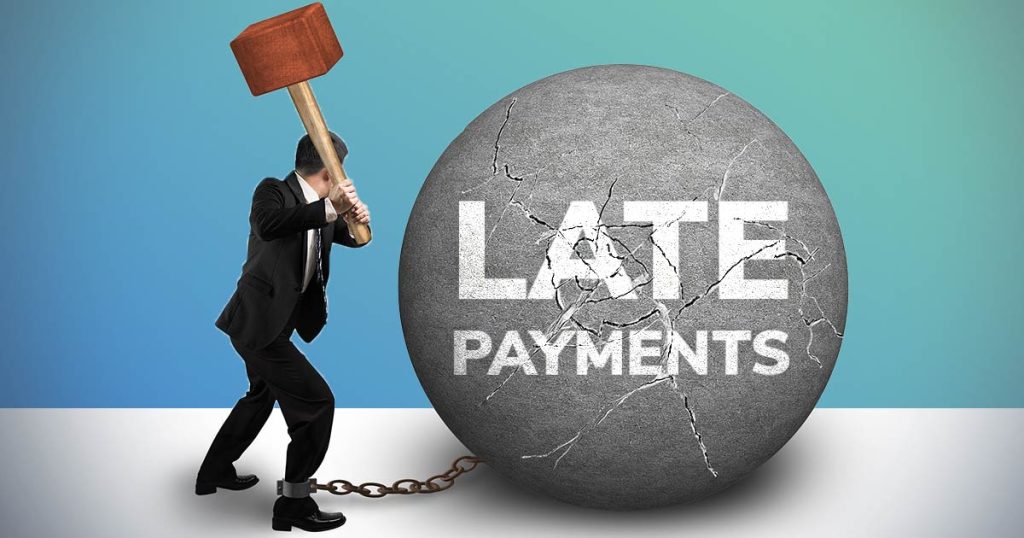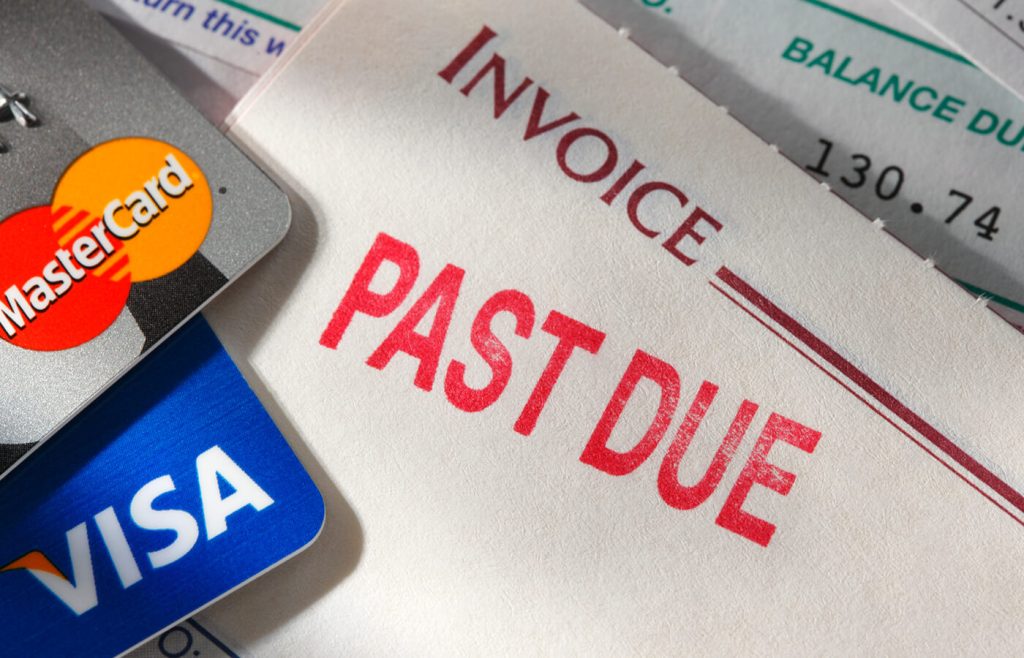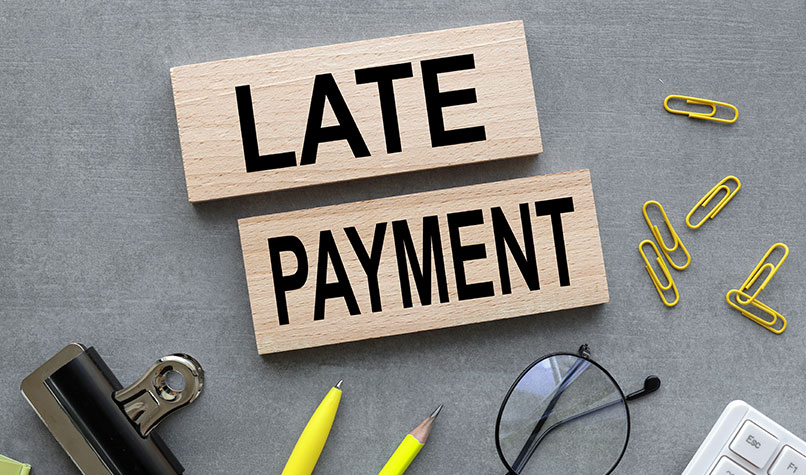In today’s financial landscape, maintaining a healthy credit score is crucial for anyone seeking to secure loans, mortgages, or credit cards. Your credit score is a numerical representation of your creditworthiness and can significantly impact your financial well-being. One crucial factor that can affect your credit score negatively is late payments. In this article, we will delve into how late payments can impact your credit score and what you can do to mitigate their effects.
What is a Credit Score?
A credit score is a three-digit number that summarizes your credit history and financial behavior. It is typically generated by credit bureaus based on data from various sources, including credit card companies, lenders, and public records. The most commonly used credit scoring models are FICO and VantageScore.
Importance of Credit Scores

Your credit score plays a pivotal role in financial decisions made by lenders, landlords, and even potential employers. A higher credit score indicates responsible financial behavior and increases your chances of securing loans at favorable terms.
How Late Payments Affect Credit Scores
Reporting to Credit Bureaus
Late payments are reported to credit bureaus when you fail to make the minimum payment required by your creditors within a specific time frame. The more delayed the payment, the more significant the impact on your credit score.
Impact on Credit Score
Late payments can significantly lower your credit score, making it harder for you to access credit in the future. A single late payment can cause a noticeable dip in your score, and the longer the payment remains unpaid, the more severe the consequences.
Factors Influencing the Severity of Late Payments
Payment History
Your payment history is one of the most critical factors in calculating your credit score. A consistent history of on-time payments positively influences your score, while late payments have the opposite effect.
Length of Delinquency
The length of time a payment remains overdue can worsen the impact on your credit score. A payment that is 30 days late may have a lesser impact than one that is 90 days late.
Frequency of Late Payments
Frequent late payments can be a red flag for lenders, indicating potential financial instability. Multiple late payments can significantly damage your credit score.
Consequences of a Lower Credit Score
Difficulty in Obtaining Credit
With a lower credit score, lenders may view you as a higher credit risk, making it challenging to secure new credit cards, loans, or favorable interest rates.
Higher Interest Rates
Even if you manage to obtain credit with a lower credit score, you are likely to face higher interest rates, resulting in more substantial interest payments over time.
Limited Access to Financial Opportunities
A lower credit score can affect various aspects of your life, from renting an apartment to getting a job. Landlords and employers may use credit scores as an indicator of your reliability.
Tips to Avoid Late Payments

Set up Reminders
To avoid late payments, consider setting up payment reminders, such as calendar alerts or notifications from your bank or credit card issuer.
Automate Payments
Enrolling in automatic payments ensures that your bills are paid on time each month, reducing the risk of late payments.
Adjust Due Dates
If your current due dates don’t align with your pay schedule, contact your creditors to see if they can adjust the dates to better suit your financial situation.
Repairing Your Credit Score After Late Payments
Reviewing Credit Reports
Regularly check your credit reports to identify any inaccuracies or discrepancies that could be negatively impacting your score.
Disputing Inaccuracies
If you find errors in your credit report, follow the appropriate procedures to dispute them with the credit bureaus and get them corrected.
Seeking Professional Help
If you’re overwhelmed by the process or struggling to improve your credit score on your own, consider seeking guidance from a credit counselor or financial advisor.
Importance of Regular Monitoring
Regularly monitoring your credit score and financial activity allows you to stay aware of any changes or potential issues and take proactive steps to maintain a healthy credit profile.


Leave a Reply